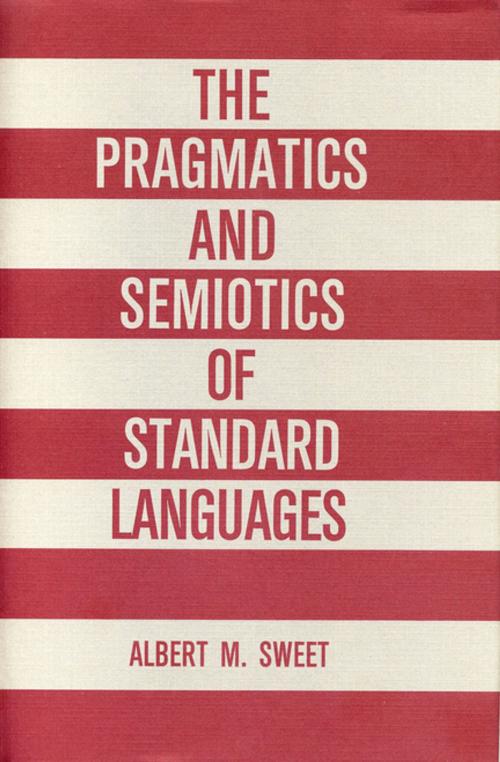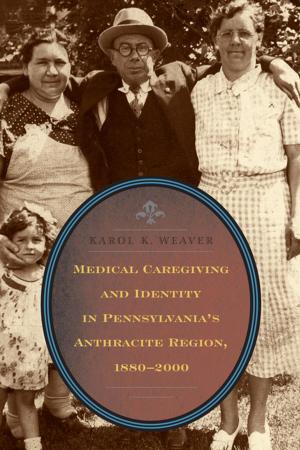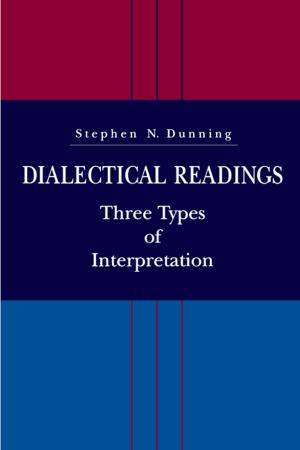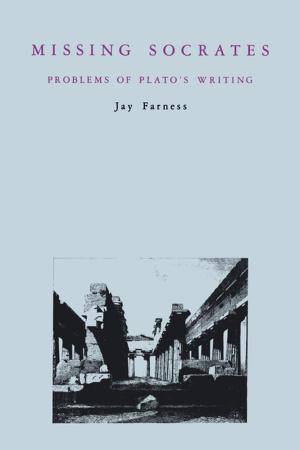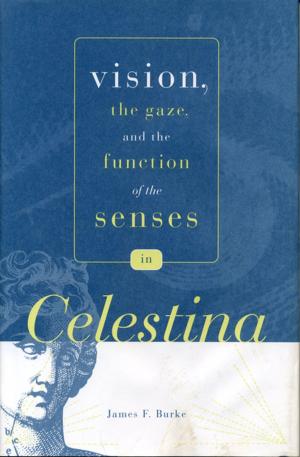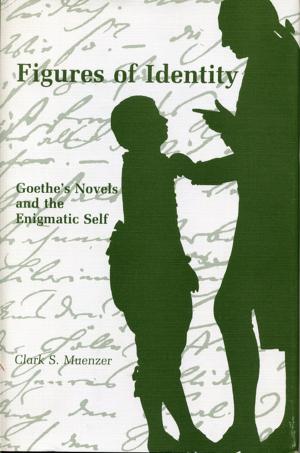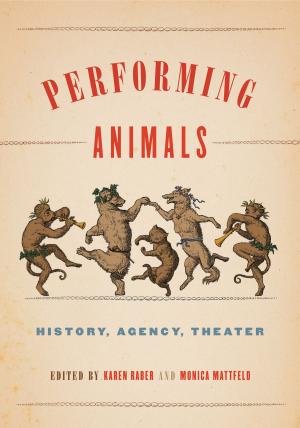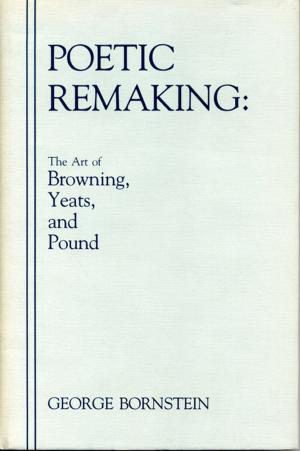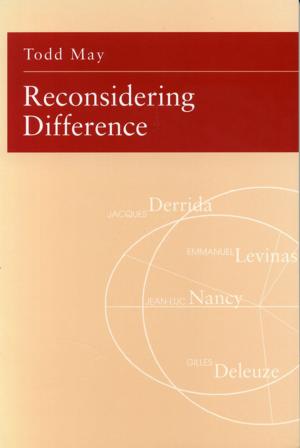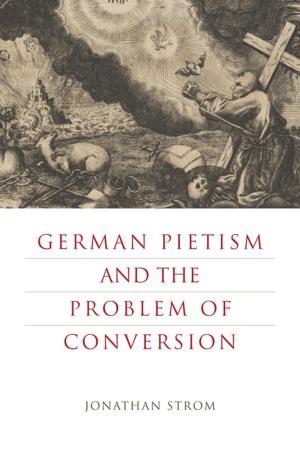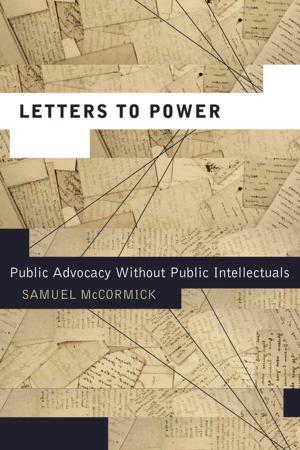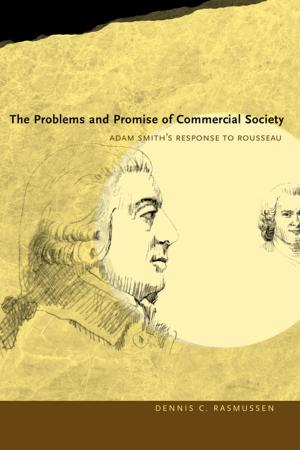The Pragmatics and Semiotics of Standard Languages
Fiction & Literature, Literary Theory & Criticism, Theory, Nonfiction, Reference & Language, Language Arts, Linguistics, Religion & Spirituality, Philosophy| Author: | Albert Sweet | ISBN: | 9780271073514 |
| Publisher: | Penn State University Press | Publication: | October 22, 1990 |
| Imprint: | Penn State University Press | Language: | English |
| Author: | Albert Sweet |
| ISBN: | 9780271073514 |
| Publisher: | Penn State University Press |
| Publication: | October 22, 1990 |
| Imprint: | Penn State University Press |
| Language: | English |
Sweet describes the pragmatic foundations of standard logic and applies these foundations to the task of developing a theory of intended models as an extension of standard model theory in which the relevant "intending" is represented pragmatically. Methods of formal logic are used to investigate the structure of the relation between language and the world. The truism which holds that this relation includes the speaker as well as the object spoken about is formally explicated and applied to the problem of illuminating one of the deepest phenomena in standard model theory: the existence of non-isomorphic models of complete theories. To this end it is shown that standard logic admits pragmatic foundations upon which a theory of intended models can be built as an extension of standard model theory. The relevant "intending" is represented by the very forms of verbal behavior which determine the grammatical and logical structure of the sentences whose referential meaning is in question. The uniqueness properties of the class of intended models may then be described.
The first section of the book states the immediate goal of standard pragmatics as that of recovering the algebraic structure first-order logic by means of a purely pragmatic construction. The second section, the major portion of the work, then provides the foundation for a semiotic theory of intended models and referential meaning. The theory is then applied to the problem of referential indeterminancy, which has been associated with the phenomenon of scientific revolutions. The theory is also applied to the problem of the apparent synonymy of observationally equivalent theories. Sweet concludes that such theories are not referentially synonymous in any natural sense which is analogous to the paradigm sense in which theories of alternative scales of measurement are referentially synonymous.
A novel feature of this book is the formal explication of the idea that the factors, pragmatical in nature, which distinguish the actual meaning of a sentence from among its possible meanings, whose range is defined by the manner in which the sentence is parsed, determine that very parsing. Applicability to natural language of the model-theoretic semantics thereby obtained is made possible by another feature of the book: the development of a theory of locally standard grammar which provides the foundation for representing the structure of natural language as that of standard first-order logic, in a local, as distinguished from a global, sense.
This book is intended for scholars in logic, semiotics, and the philosophies of language and of science. Those concerned specifically with such philosophers as Peirce, Martin, and Davidson will also find the study valuable.
Sweet describes the pragmatic foundations of standard logic and applies these foundations to the task of developing a theory of intended models as an extension of standard model theory in which the relevant "intending" is represented pragmatically. Methods of formal logic are used to investigate the structure of the relation between language and the world. The truism which holds that this relation includes the speaker as well as the object spoken about is formally explicated and applied to the problem of illuminating one of the deepest phenomena in standard model theory: the existence of non-isomorphic models of complete theories. To this end it is shown that standard logic admits pragmatic foundations upon which a theory of intended models can be built as an extension of standard model theory. The relevant "intending" is represented by the very forms of verbal behavior which determine the grammatical and logical structure of the sentences whose referential meaning is in question. The uniqueness properties of the class of intended models may then be described.
The first section of the book states the immediate goal of standard pragmatics as that of recovering the algebraic structure first-order logic by means of a purely pragmatic construction. The second section, the major portion of the work, then provides the foundation for a semiotic theory of intended models and referential meaning. The theory is then applied to the problem of referential indeterminancy, which has been associated with the phenomenon of scientific revolutions. The theory is also applied to the problem of the apparent synonymy of observationally equivalent theories. Sweet concludes that such theories are not referentially synonymous in any natural sense which is analogous to the paradigm sense in which theories of alternative scales of measurement are referentially synonymous.
A novel feature of this book is the formal explication of the idea that the factors, pragmatical in nature, which distinguish the actual meaning of a sentence from among its possible meanings, whose range is defined by the manner in which the sentence is parsed, determine that very parsing. Applicability to natural language of the model-theoretic semantics thereby obtained is made possible by another feature of the book: the development of a theory of locally standard grammar which provides the foundation for representing the structure of natural language as that of standard first-order logic, in a local, as distinguished from a global, sense.
This book is intended for scholars in logic, semiotics, and the philosophies of language and of science. Those concerned specifically with such philosophers as Peirce, Martin, and Davidson will also find the study valuable.
